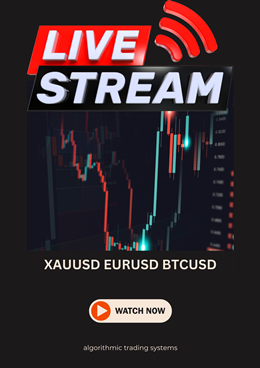Foreign sales declined 5.2 percent in August from the previous month, the Federal Statistics Office in Wiesbaden said on Thursday. That’s the steepest drop since January 2009 and compares with a median estimate in a Bloomberg survey for a fall of 0.9 percent. Imports slid 3.1 percent. In a further sign of euro-area strain, French business confidence unexpectedly worsened.
Germany is grappling with a slowdown in China, its third-biggest trade partner, and other emerging markets that have been key destinations for its exports. With factory orders from countries outside the 19-nation euro region plunging more than 13 percent in July and August combined, the focus is shifting to stronger domestic spending fueled by pent-up investment demand and consumption.
“It’s conspicuous that both imports and exports slumped,” said Jens Kramer, an economist at NordLB in Hanover. “China, where domestic demand seems to stutter, is an important factor for us as an export-oriented economy. But German growth has been supported by private consumption, and that doesn’t go together with today’s numbers. For the moment, I wouldn’t over interpret the data.”
DAX Drop and its Aggravated overview
Exports are still up 6.6 percent in the eight months through August compared with the same period the year before, while imports are 3.5 percent higher.
The euro briefly dipped after the German data. It was up 0.6 percent at $1.1303 at 9:30 a.m. Frankfurt time. The DAX Index of German stock was down 0.6 percent at 9,913.
While the statistics office didn’t provide a reason for the export drop, the Economy Ministry has cited the timing of school holidays as the main cause of unexpected declines in factory orders and industrial production in August. German business may also suffer in coming months from the fallout of Volkswagen AG’s cheating on emissions tests. News of that scandal broke last month and isn’t reflected in this week’s reports.
The nation’s trade surplus shrank to 15.3 billion euros ($17.2 billion) from 25 billion euros in July, and the current-account surplus narrowed to 12.3 billion euros from 24.7 billion euros.
Signs are mounting that the prospects for the euro-area economy are deteriorating. Germany’s leading economic institutes are set to lower their growth forecast for 2015 to about 1.8 percent from a previous estimate of 2.1 percent, Reuters reported on Wednesday.
On Monday, Hamburger Hafen und Logistik AG, the handler of about three in four containers at Hamburg’s port, cut its 2015 earnings forecast on declining container volume.
In France, a gauge for business sentiment fell to 97 in September from 98 the previous month. Economists predicted an increase to 100, which would have been the highest level in almost two years. French growth stalled in the second quarter.
A counter to Germany’s weakening export sector may yet be the gradually rising investment in the euro area. Economic growth in the region will accelerate to 0.5 percent this quarter from 0.4 percent in the previous period, according to updated forecasts by Germany’s Ifo institute, France’s national statistics office Insee and Italy’s statistics agency Istat published on Tuesday.
Any further stimulus by the European Central Bank could also prove a boon if it pushes down the euro, making German products more competitive. The Frankfurt-based central bank will publish the account of its most-recent policy meeting later on Thursday. It will be closely scrutinized by investors for hints on whether quantitative easing could be expanded.
Reference: [You must be registered and logged in to see this link.]

 Events
Events Blog
Blog











